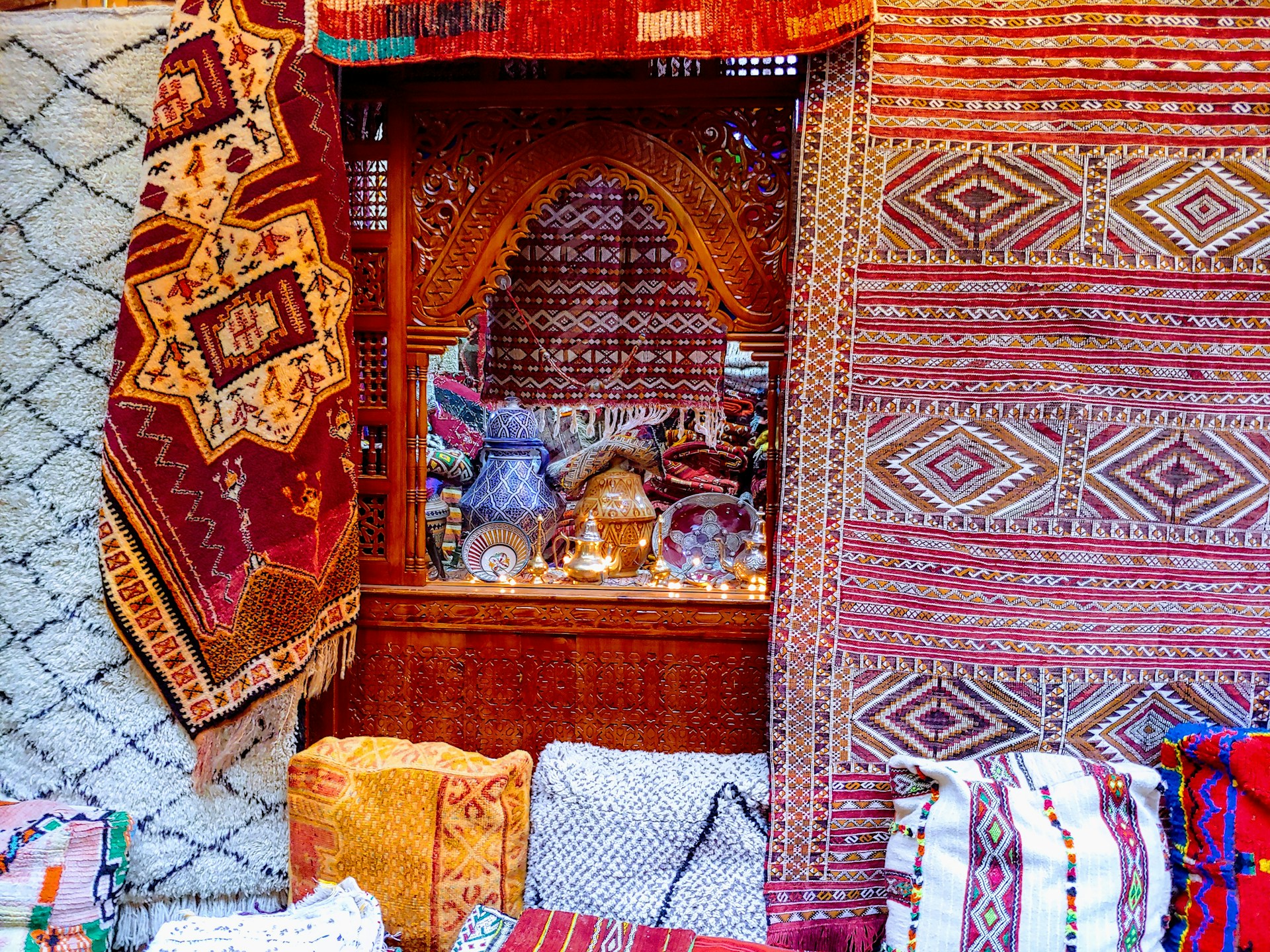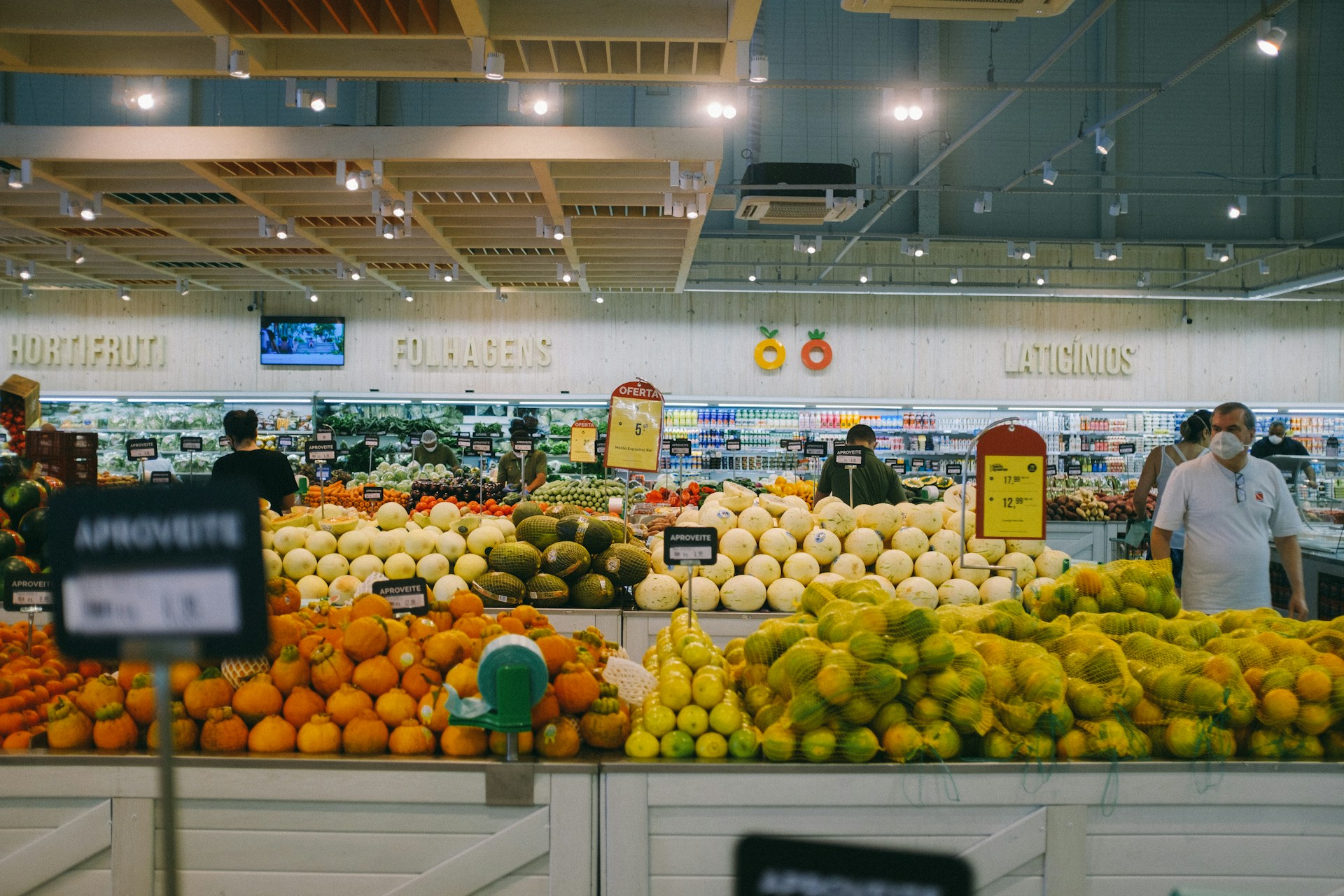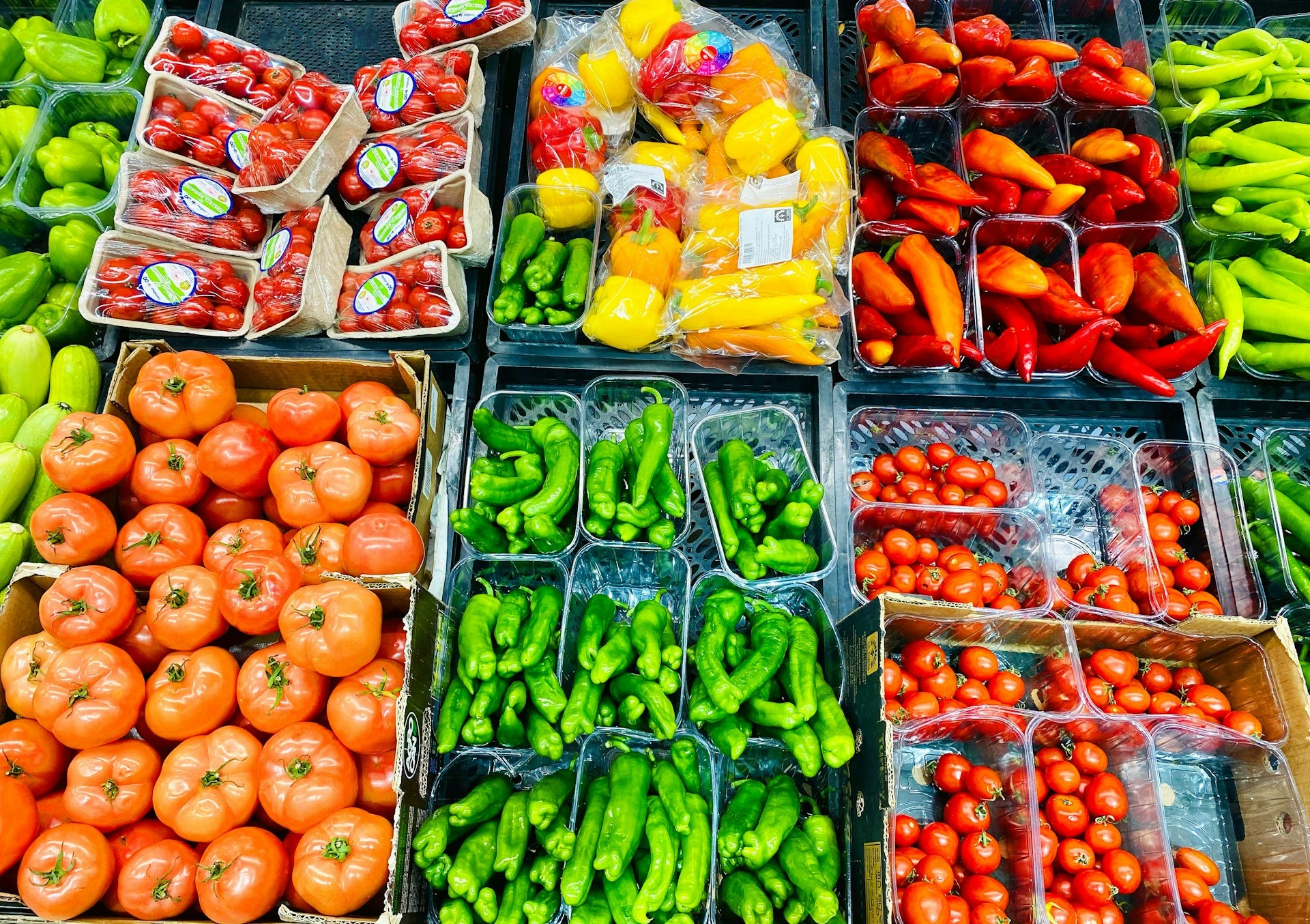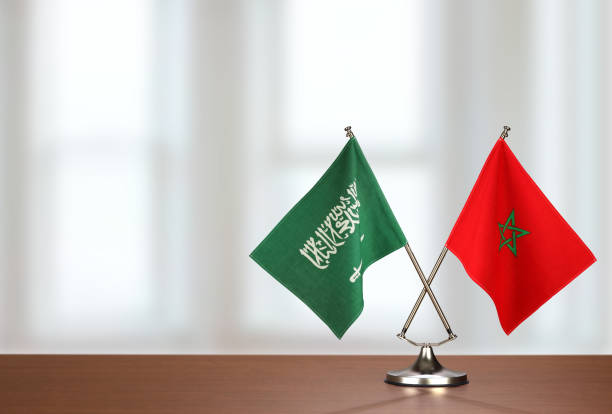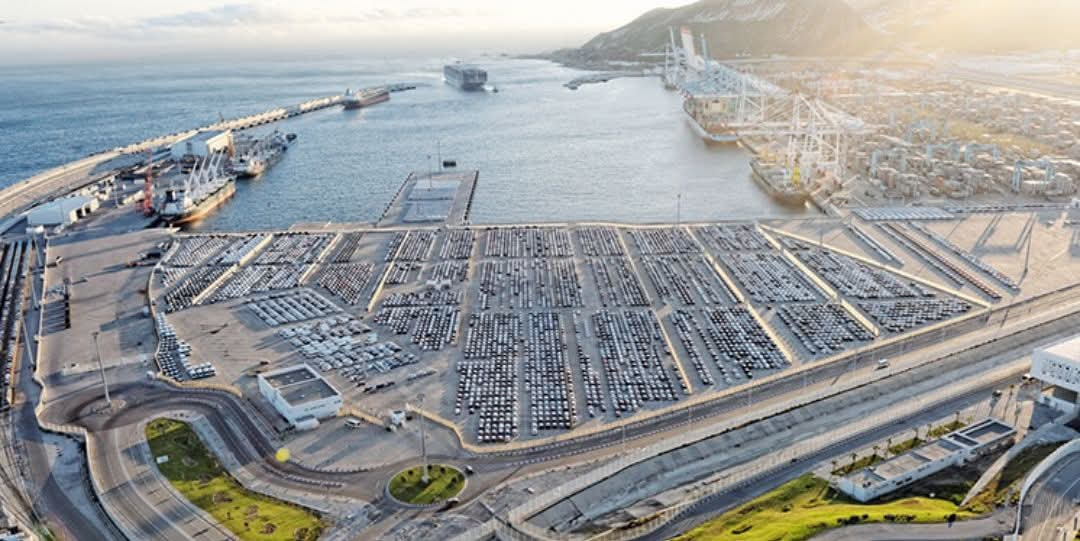Casablanca – The Moroccan government has launched a new initiative to strengthen the country’s artisan sector and support its expansion into international markets. A strategic partnership agreement was signed on April 17 in Rabat between the State Secretariat for Handicrafts and Social and Solidarity Economy, the State Secretariat for Foreign Trade, and the Maison de l’Artisan.
The agreement, backed by a budget of around $3.1 million for 2025 and 2026, aims to improve the competitiveness of Moroccan artisanal products abroad, while providing technical and digital tools to help artisans and cooperatives expand their export capacities.
The Moroccan craft industry employs more than 2.6 million people and contributes significantly to the country’s economic and cultural identity. In 2024, the export turnover of the sector reached approximately $165 million, marking a record high and reflecting growing international demand, particularly for traditional items such as zellige tiles and Moroccan carpets.
The newly signed agreement outlines several key measures:
- Support for craft enterprises and cooperatives to develop export strategies
- Streamlining administrative procedures related to international trade
- Developing digital platforms for online sales and global visibility
- Integrating artisanal products into customs classification systems
- Studying risk coverage mechanisms linked to craft exports
As part of the plan, two digital platforms will be launched. The first, “TijarIA,” will use artificial intelligence to give artisans access to export-related information. The second, “Trade.ma,” will enhance the visibility of Moroccan handicrafts on major international e-commerce platforms.
“This initiative is a response to the growing interest in Moroccan craftsmanship worldwide,” said Lahcen Essaadi, State Secretary in charge of Handicrafts. He noted that the United States has become the leading importer of Moroccan zellige, while traditional rugs also enjoy strong demand.
Omar Hejira, State Secretary for Foreign Trade, emphasized the importance of connecting Moroccan artisans with global consumers. “Our goal is to give artisans the tools to compete internationally and ensure their work receives the attention it deserves,” he said.
According to government data, Moroccan craft exports grew by 3% in 2024 compared to the previous year and have increased by 40% since 2019. Pottery and stone products lead the sector’s exports, followed by carpets. The U.S., France, and Spain remain the top destination markets.
With this new agreement, Morocco is reaffirming its commitment to support traditional craftsmanship—not only as a vital source of employment and cultural preservation, but also as a promising driver of economic growth through exports.






